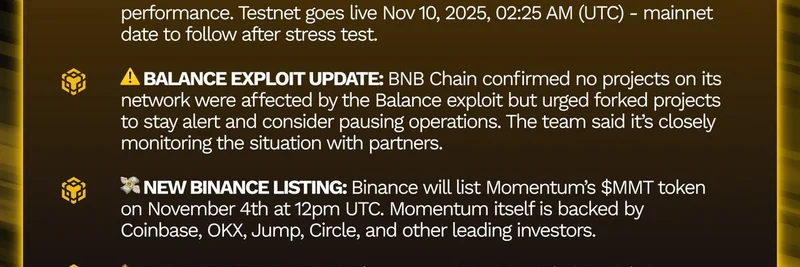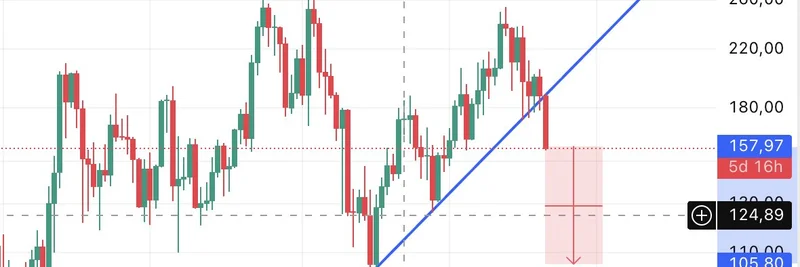In the fast-paced world of cryptocurrency, regulations can either foster innovation or throw a wrench in the works. Recently, Aave founder Stani Kulechov took to X (formerly Twitter) to call out what he sees as an overreach by the Bank of England (BoE). In his post, Kulechov slammed the BoE's proposal to cap individual stablecoin holdings at just £10,000 to £20,000, arguing it's unnecessary and ignores the strengths of blockchain technology.
What's the BoE Proposing?
Stablecoins are digital assets pegged to stable fiat currencies like the US dollar or British pound, making them a go-to for traders and DeFi users who want to avoid crypto's wild volatility. Think of them as the steady anchors in the stormy seas of meme tokens and altcoins.
According to reports from the Financial Times, the BoE is pushing for these limits to mitigate "systemic risk." For individuals, the cap would be between £10,000 and £20,000 (roughly $13,600 to $27,200), while businesses could face a £10 million ceiling. The idea is to prevent a massive shift from traditional bank deposits to stablecoins, which could strain liquidity in the banking system.
But as Kulechov points out, stablecoins issued on-chain—meaning on blockchain networks—are arguably safer than traditional electronic money stored in centralized databases. Blockchains offer transparency, immutability, and resistance to single points of failure, qualities that could actually reduce risks rather than amplify them.
The Crypto Community's Pushback
Kulechov's tweet has resonated widely, racking up over 1,100 likes and sparking a flurry of replies. Crypto enthusiasts and experts are echoing his sentiments, questioning how such caps could even be enforced in a decentralized, self-custodial world. One user quipped it’s like limiting emails to protect the postal service, highlighting the outdated mindset behind the proposal.
Industry groups are also chiming in. As noted in CoinDesk, UK crypto organizations argue these limits are "unworkable" and could stifle innovation. They point out that similar regulations aren't applied to other digital assets or even cash holdings, making this feel like targeted control over crypto.
Even replies to Kulechov's post reflect broader concerns. Some users speculate the BoE fears stablecoins because they allow people to earn better yields in DeFi protocols like Aave, bypassing low-interest traditional banks. Others worry it signals the UK is becoming less crypto-friendly, potentially driving talent and capital elsewhere.
How This Affects DeFi and Meme Tokens
For DeFi practitioners—those building and using decentralized finance tools—this proposal could be a setback. Stablecoins are the lifeblood of platforms like Aave, where users lend, borrow, and earn interest without intermediaries. Capping holdings might limit participation, especially for larger players or institutions eyeing crypto.
And let's not forget meme tokens. While they're often seen as fun and speculative, many traders use stablecoins like USDT or USDC to enter and exit positions quickly. If UK residents are restricted in how much stablecoin they can hold, it could dampen liquidity in meme token markets, making pumps and dumps even more volatile. Imagine trying to ape into the next big dog-themed coin but being stuck because you've hit your stablecoin limit—frustrating, right?
On a brighter note, this highlights the need for global advocacy. As Kulechov urges, pushing back against such regs is crucial to keep crypto accessible and innovative.
Looking Ahead: What Can We Do?
Regulations like this aren't set in stone yet. The BoE is still in the consultation phase, so voices from the crypto space can influence the outcome. If you're in the UK or invested in DeFi, consider joining advocacy groups or responding to public consultations.
In the meantime, keep an eye on how other countries handle stablecoins. The EU's MiCA framework, for instance, focuses on issuer standards without individual caps, offering a more balanced approach.
At Meme Insider, we're all about demystifying crypto trends, from meme tokens to broader blockchain news. Stay tuned for more updates on how regulations shape the space—and remember, knowledge is your best tool in this evolving landscape.




